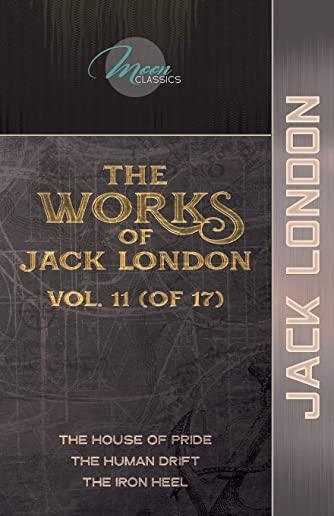
London, Jack
The novel is based on the fictional "Everhard Manuscript" written by Avis Everhard, which she hid and which was subsequently found centuries later. In addition, this novel has an introduction and series of (often lengthy) footnotes written from the perspective of scholar Anthony Meredith. Meredith writes from around 2600 AD or 419 B.O.M. (the Brotherhood of Man). Jack London writes at two levels, often having Meredith condescendingly correcting the errors of Everhard yet, at the same time, exposing the often incomplete understanding of this distant future perspective.
Meredith's introduction also acts as a deliberate "spoiler" (the term did not yet exist at the time of writing). Before ever getting a chance to get to know Avis and Ernest, how they fell in love or how Avis became politically involved, the reader is already told that all their struggles and hopes would end in total failure and repression, and that both of them would be summarily executed. This gives all that follows the air of a foreordained tragedy. There is still left the consolation that a happy end would come for humanity as a whole - though hundreds of years too late for Avis and Ernest as individuals; the cruel oligarchy would fall, and the two will be vindicated and respected by posterity as pioneers and martyrs. The book begins with the acquaintance of Avis Cunningham, a daughter of a renowned physicist with the socialist Ernest Everhard. At first, Avis does not agree with Ernest in that the whole contemporary social system is based on exploitation of labour. However, she proceeds to investigate the conditions the workers live in and those terrible conditions make her change her mind and accept Ernest's worldview. Similarly, Bishop Morehouse does not initially believe in the horrors described by Ernest but then becomes convinced in their truth and is confined to a madhouse because of his new views.
member goods
listens & views

VOL. 1-DJ YIN PRESENTS MAGNUM ...
by VOL. 1-DJ YIN PRESENTS MAGNUM MUSIC STATION / VAR
COMPACT DISCout of stock
$8.49






